In February 2022, I attended the Great American Outdoor Show in Harrisburg, Pennsylvania, and struck up a conversation with a hunting guide from Newfoundland. We talked about guided trips to hunt moose and caribou and about how much of a haul it is to get from Newfoundland to Pennsylvania (and to pretty much anywhere else, for that matter). At the time the “Freedom Convoy” — in which Canadian truck drivers were joined by thousands of demonstrators protesting Covid-19 lockdowns and vaccine mandates — was in full swing.
My newfound Newfoundland friend seemed to be as polite and self-effacing as the stereotype, so I felt comfortable asking his thoughts on the Freedom Convoy. Adopting a sterner demeanor, he told me Canadians had been too nice and too trusting of government for too long.
“Our country is being held hostage and we’re sick of it,” he said. “There are a lot of us who feel strongly about it and I’m one of them.”
Two years later the trial for the Freedom Convoy organizers is ongoing, lasting longer than the mandate itself.
Canada seems to be a fixture in the news now, and not in a good way. The Canucks are facing a crisis that involves their economy, their government and their very culture.
In 2018, Montreal placed strict emissions standards on wood-burning fireplaces and stoves, banning all but the newest, “cleanest-burning” models. Three years ago, Prime Minister Justin Trudeau announced a ban on so-called “assault weapons” and a firearm buyback program that has yet to materialize. In March, Canada will expand its assisted suicide program to include “people with incurable, but not terminal, conditions,” as Reuters puts it. Trudeau is “tanking Canada’s economy,” wrote Stephen R. Soukup in The Spectator last October, quoting the director of the Canadian Labour Economics Forum who found our northern neighbors have gone five years without any economic growth: “Canada’s GDP per capita was higher in the second quarter of 2018 than it was in the second quarter of 2023.”
The popular psychologist and commentator Jordan Peterson speaks often about his native country’s failures and has compared Trudeau to people he’s encountered in his clinical practice who were “temperamentally incapable of any gesture or any word that was actually genuine.”
Is Canada five or so years ahead of the United States as far as progressive policies go? I asked David Leis at the Frontier Centre for Public Policy, an independent Canadian think tank. “Our society [tends to] value order and civility and good government over emphasizing individual rights and freedoms,” he says. “[Canadians] have adopted a willingness to work with government in a way that is in many respects more trusting of the state as a solution for many needs, resulting in a culture that is open to a larger government than other cultures. That trust is a great strength, but it can also become a weakness.”
Many Canadians work for the government, says Leis, and “unelected bureaucracy has enormous power over people’s lives.” He points to Canada’s history of public healthcare and its strong public education tradition as leading to “an openness to trust government perhaps more than we should.” Such naïveté, as Leis labels it, has paved the way for the “long march of radical progressives.”
The pride Canada takes in its multiculturalism is another cause of the country’s rising radicalism, posits Leis. The American “melting pot” ideal involves immigrants buying into American values, and such a notion does exist in Canada, to a lesser degree.
“You can immigrate to Canada, and we will more readily accept your differences, which we think makes us superior to the Americans,” says Leis. “In principle, it’s a lovely concept, but it’s simplistic to the point of being stupid, because you can’t curry favor with people who import their conflicts domestically and tolerate attitudes and values that are anti-democratic, if not totalitarian.”
One example of the “tolerant” Canadian sensibility is found in the “unmarked graves” archaeologists claimed in 2021 to have discovered beside a former school for Indigenous children in British Columbia. The story spread like wildfire: that more than 200 children had been abused and discarded in these “mass graves.” Another report surfaced of more than 700 “unmarked graves” in Saskatchewan. There was corresponding outrage — Trudeau’s solemn photo-op at the “gravesites,” flags lowered to half-staff across the country and orange ribbons tied to fences around schoolyards to commemorate the “lives lost” at the hands of schoolteachers and administrators. Except after years of investigation, there’s no evidence these mass gravesites exist.
Yet Leis expresses what my hunting guide alluded to back in 2022: “There is a renaissance of freedom in Canada.” For a long time, many Canadians have been asleep, Leis says. But as the government and bureaucracies continue to jump the shark with moves to a “Net Zero future” involving carbon taxes and a war on Canadian oil and gas — “a great source of prosperity and affordable energy… they’re creating enormous pain in people’s lives, and there’s going to be a huge backlash.”
There’s now a resurgent Conservative Party, whose forty-four-year-old leader Pierre Poilievre gained instant-legend status last year when he nonchalantly ate an apple while fielding questions from an obviously biased reporter.
Opinion polls consistently show Poilievre beating Trudeau in the October 2025 federal elections.
Still, as with all fights for freedom, Canada’s renaissance involves an information war. “Traditional mainstream media is plummeting in terms of commercial viability and also viewership,” Leis says. “The state broadcaster, CBC, suggested the trucker convoy could be Russian-funded. The Conservative Party has pledged to defund CBC.”
“I am so inspired by the network of people that is rising across Canada and beyond, including in the United States,” says Leis. “There is not a Make Canada Great Movement Again per se, but there is a freedom movement of many different actors that is coming together, and that is truly heartwarming. This is long overdue.”
This article was originally published in The Spectator’s January 2024 World edition.



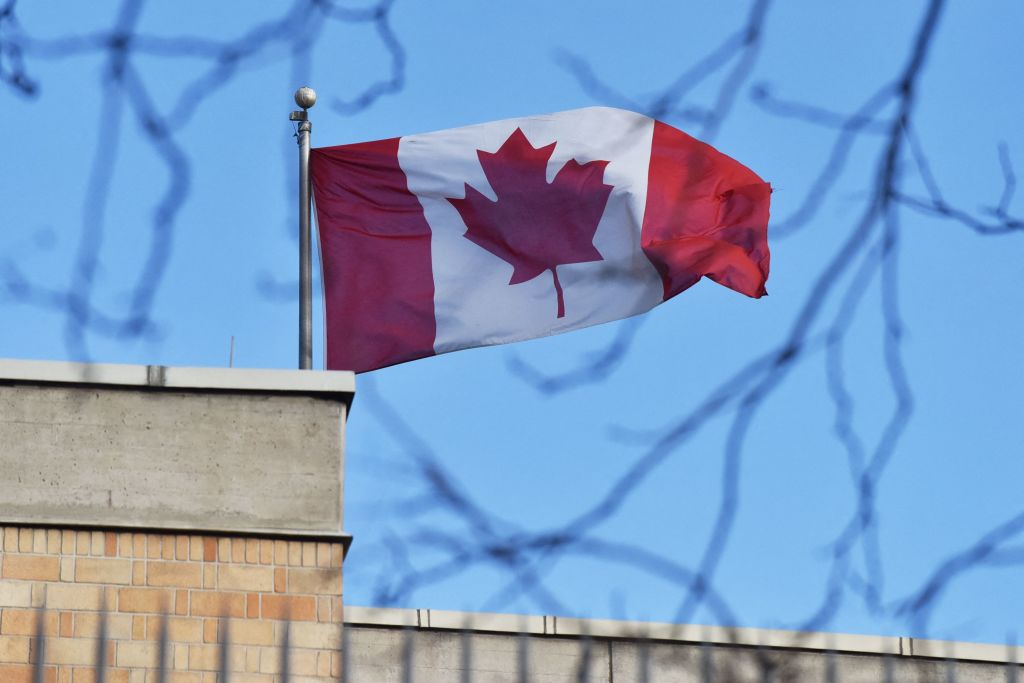






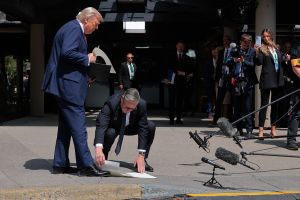
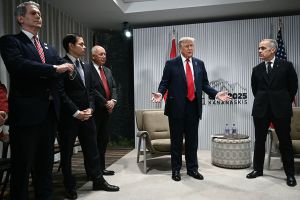
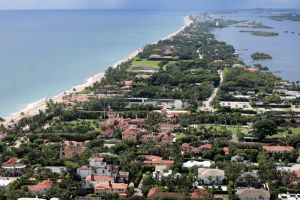

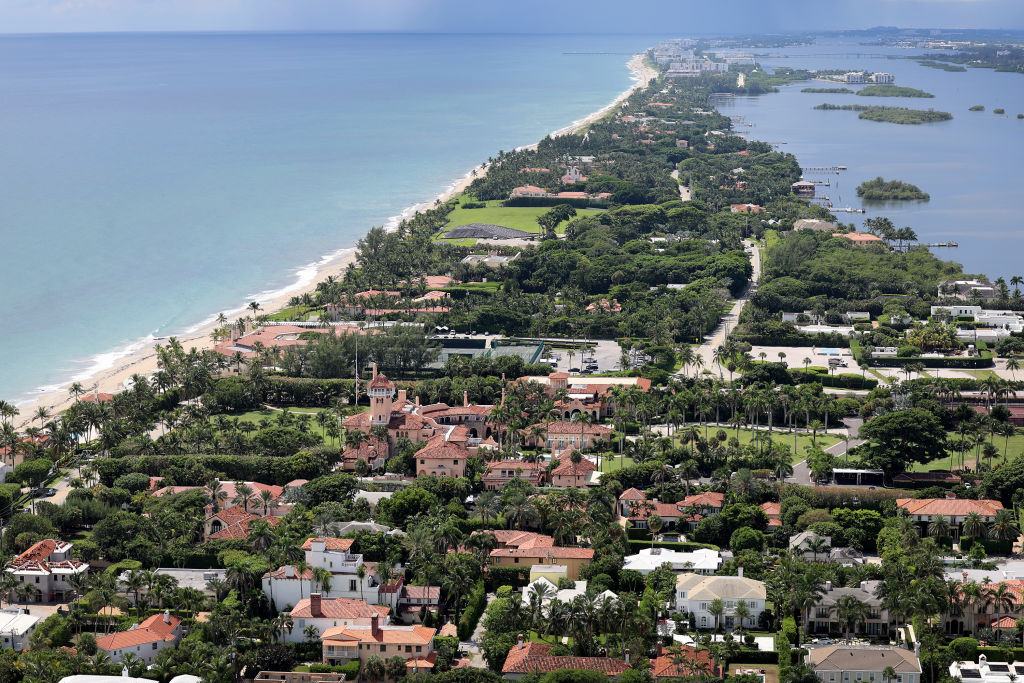
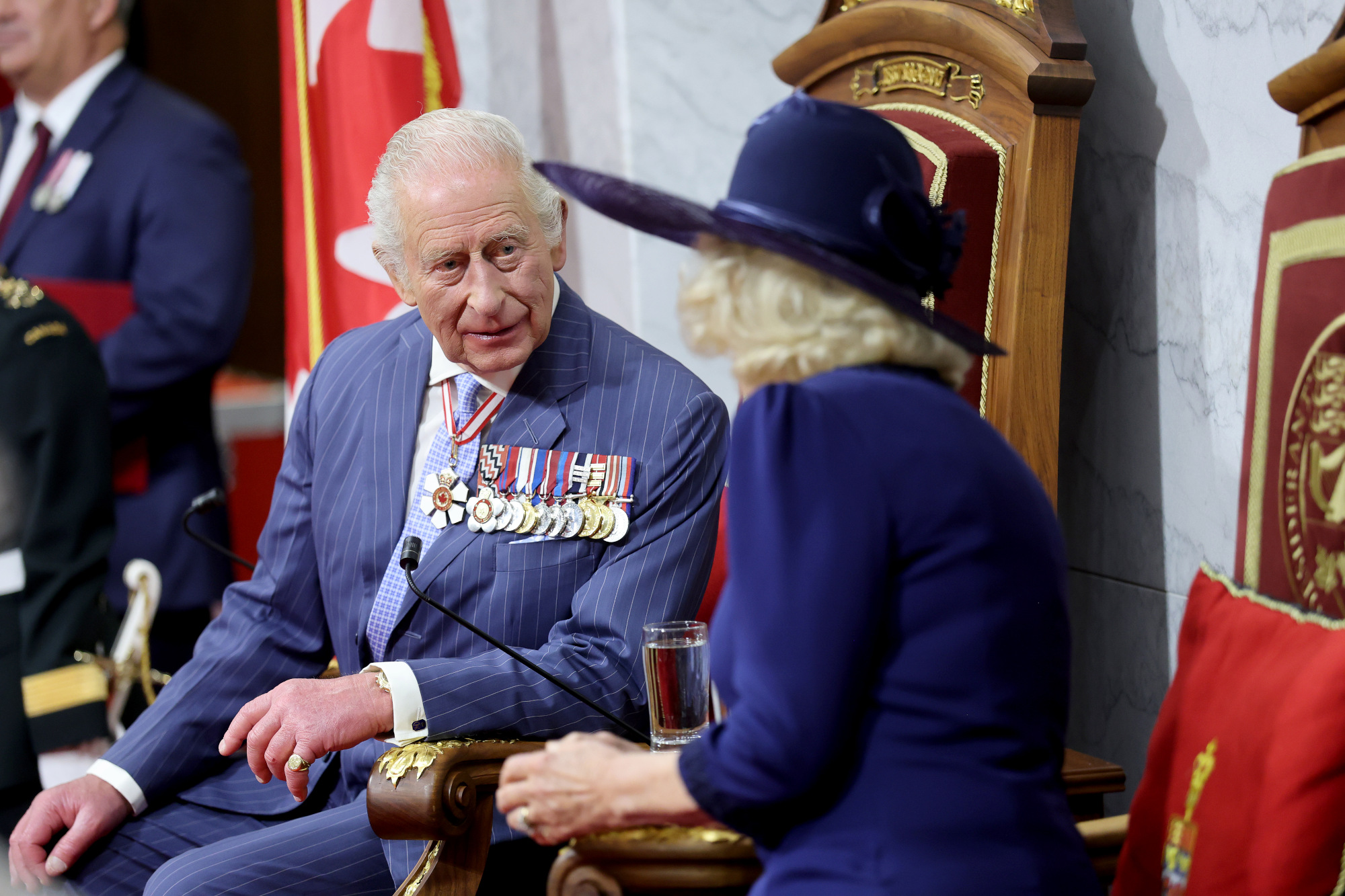
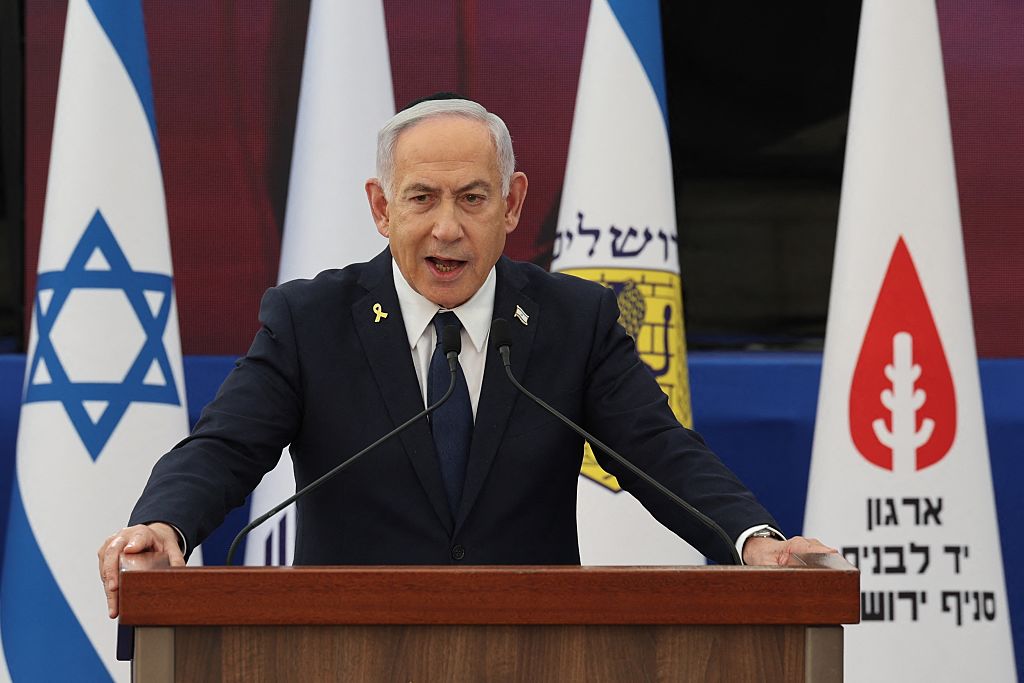
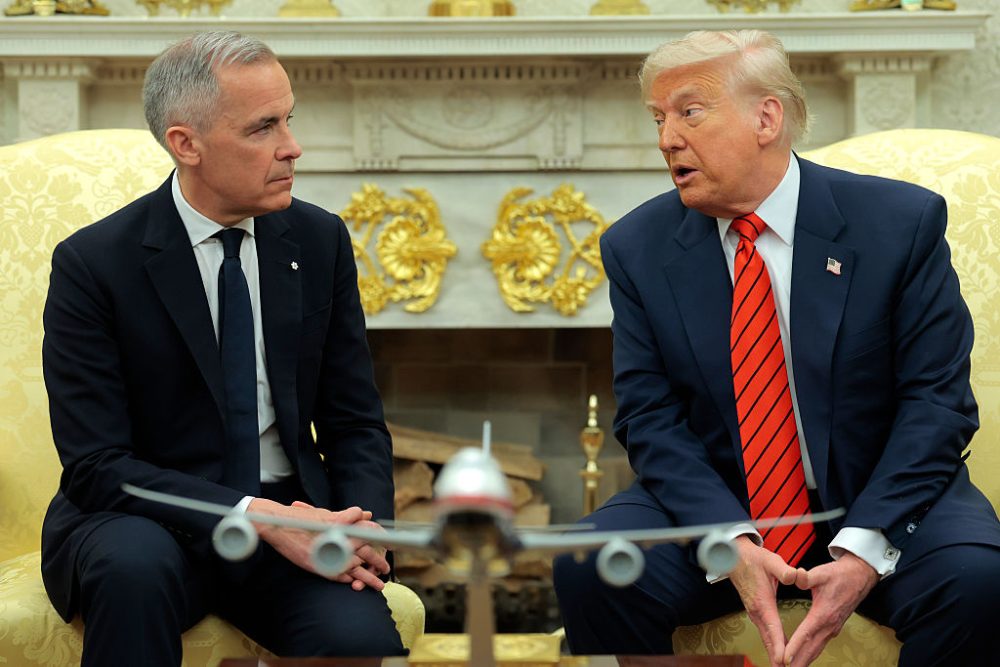








Leave a Reply